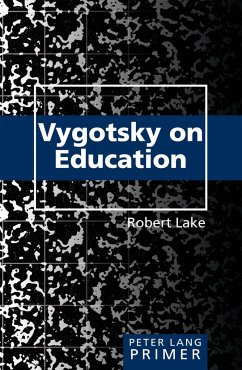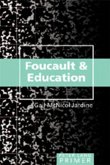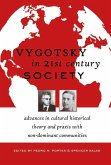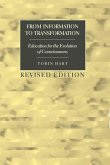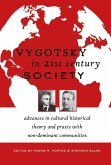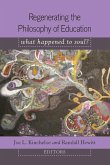The Vygotsky on Education Primer serves as an introduction to the life and work of the Russian psychologist Lev Vygotsky. Even though he died almost eighty years ago, his life's work remains both relevant and significant to the field of education today. This book examines Vygotsky's emphasis on the role of cultural and historical context in learning, while challenging theories that emphasize a universalistic view of learning through fixed, biologically determined stages of development. Given our current preoccupation with standardized outcomes and the corporatization of schooling, Vygotsky's most important ideas about education need to be reconsidered. The primer provides an overview of his two best-known ideas: the zone of proximal development and the development of thinking and speech as a means of empowerment, and discusses Vygotsky's views of the roles of critical and creative imagination in the formation of personal agency and in creative collaboration. Applications to current practices from a wide range of sources clarify and promote relevance to diverse audiences. This primer presents the essence of Vygotsky's work in language that is accessible to all students of education.
Bitte wählen Sie Ihr Anliegen aus.
Rechnungen
Retourenschein anfordern
Bestellstatus
Storno

